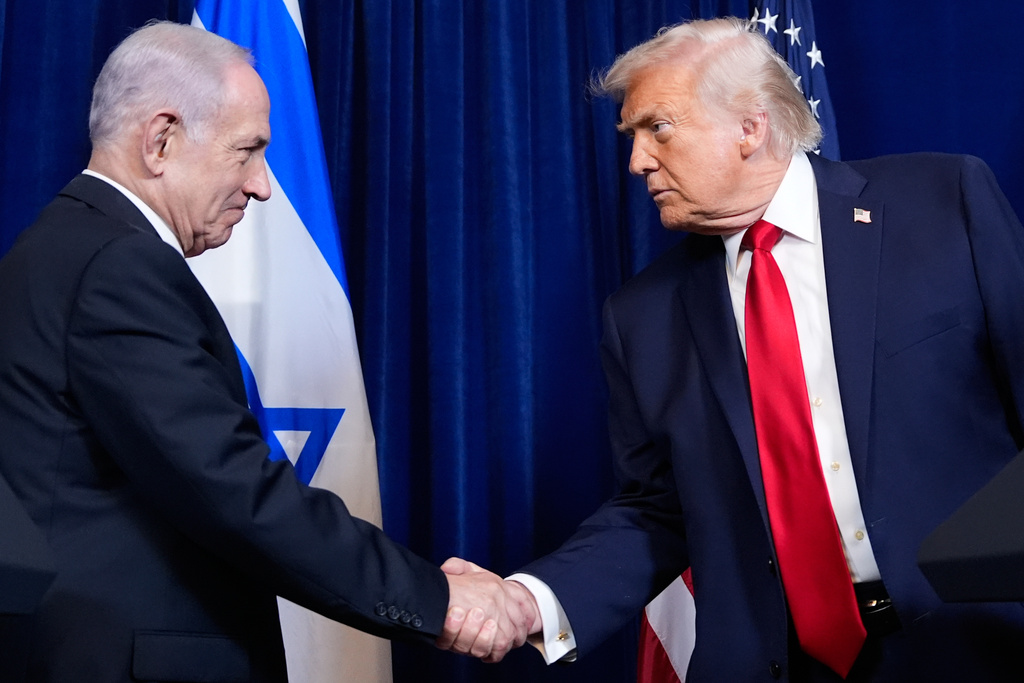A federal appeals court on Thursday temporarily blocked the release of White House records sought by a U.S. House committee investigating the Jan. 6 insurrection, granting — for now — a request from former President Donald Trump.
The administrative injunction issued by the U.S. Court of Appeals for the District of Columbia Circuit effectively bars until the end of this month the release of records that were to be turned over Friday. The appeals court set oral arguments in the case for Nov. 30.
The stay gives the court time to consider arguments in a momentous clash between the former president, whose supporters stormed the Capitol on Jan. 6, and President Joe Biden and Congress, who have pushed for a thorough investigation of the riot. It delays the House committee from reviewing records that lawmakers say could shed light on the events leading up to the insurrection and Trump's efforts to delegitimize an election he lost.
The National Archives, which holds the documents, says they include call logs, handwritten notes, and a draft executive order on "election integrity."
President Biden waived executive privilege on the documents. Trump then went to court arguing that as a former president, he still had the right to exert privilege over the records and releasing them would damage the presidency in the future.
U.S. District Judge Tanya Chutkan on Tuesday rejected those arguments, noting in part, "Presidents are not kings, and Plaintiff is not President." She again denied an emergency motion by Trump on Wednesday.
In their emergency filing to the appeals court, Trump's lawyers wrote that without a stay, Trump would "suffer irreparable harm through the effective denial of a constitutional and statutory right to be fully heard on a serious disagreement between the former and incumbent President."
The Nov. 30 arguments will take place before three judges nominated by Democratic presidents: Patricia Millett and Robert Wilkins, nominated by former President Barack Obama, and Ketanji Brown Jackson, an appointee of President Biden.
Given the case's magnitude, whichever side loses before the circuit court is likely to eventually appeal to the U.S. Supreme Court.
The White House on Thursday also notified a lawyer for Mark Meadows, Trump's former chief of staff, that President Biden would waive any executive privilege that would prevent Meadows from cooperating with the committee, according to a letter obtained by The Associated Press. The committee has subpoenaed Meadows and more than two dozen other people as part of its investigation.
His lawyer, George Terwilliger, issued a statement in response saying Meadows "remains under the instructions of former President Trump to respect longstanding principles of executive privilege."
"It now appears the courts will have to resolve this conflict," Terwilliger said.
Additional reporting by The Associated Press.










